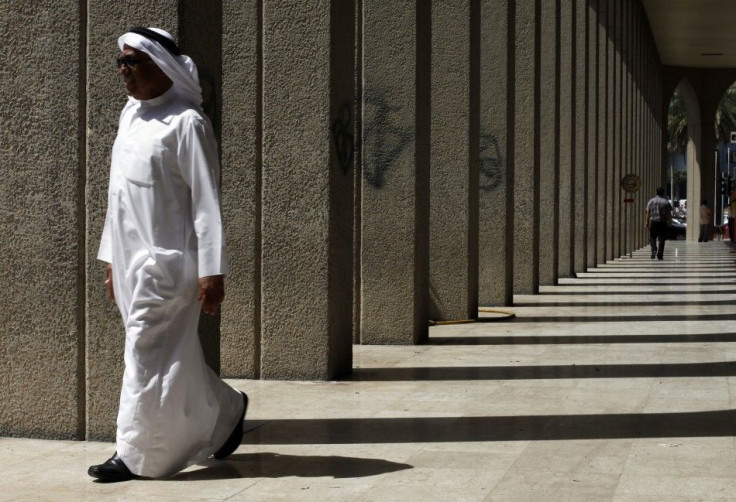Eleven more opposition members quit Bahrain parliament

The parliament of Bahrain has accepted the resignations of eleven Shia opposition politicians, thereby widening the gulf between the Sunni ruling elite and the largely Shia protest movement in the tiny kingdom.
The state-controlled Bahrain News Agency reported that eleven members of the opposition Al Wefaq party quit to protest the government’s violent crackdown on protesters. Seven other Wefaq officials had previously quit over the same grievance.
Al Wefac, which has refused to enter into any dialogue with the ruling family, is the largest and most prominent of Bahrain’s seven opposition parties.
Al Wefaq has encouraged its supporters to maintain protests against the al-Khalifa royal family, in honor of the martyrs who died to achieve the legitimate rights for Bahraini people.
At least 20 people have been killed in the unrest thus far, while hundreds have been arrested, including some opposition politicians.
Protesters are not only seeking democratic reforms but they also want an elected parliament that wields real power (thereby reducing the near=total power of the king).
Shias, who represent about 70 percent of Bahrain’s population, have long complained of discrimination by the ruling Sunni elite.
In addition to enacting a brutal crackdown against dissidents, the government has imposed a three-month period of emergency laws in response to widespread protests. Even more alarming, the kingdom recruited soldiers from neighboring Saudi Arabia to help quell disorder, raising the ire of Shia-dominated Iran.
© Copyright IBTimes 2025. All rights reserved.





















